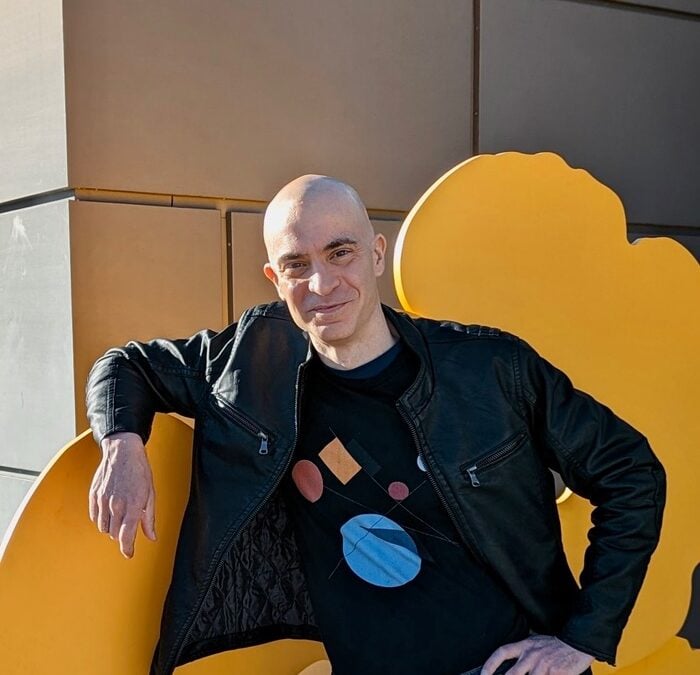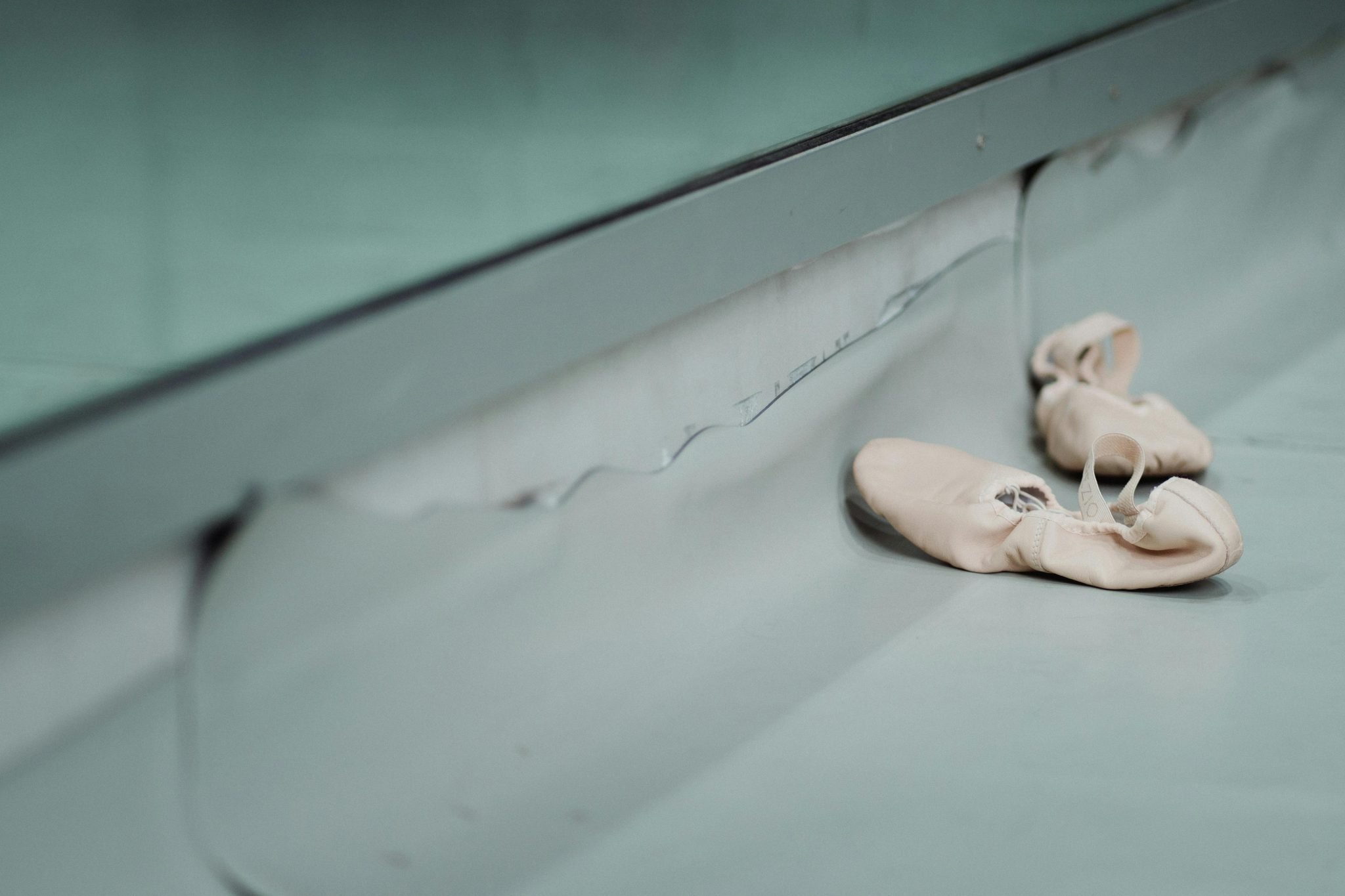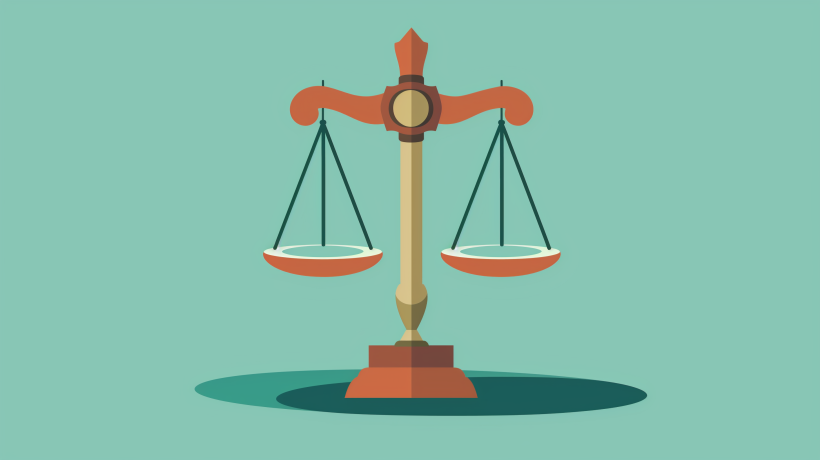Carnegie, Pew, Rockefeller: The billionaires (adjusted for inflation) of the past gave fortunes to the arts, education, conservation, and other charitable causes. But they often amassed those fortunes on the backs of the environment or workers. Even billionaires who tread lighter typically think of giving back later in life. But that’s changing with the newer generations, including heirs to fortunes, according to the latest UBS “Billionaire Ambitions Report,” published today.
Some Billionaires Focus on Sustainability
“If you’re 30 years old, for example, legacy feels far off, but what they are thinking about is still doing good,” says Judy Spalthoff, head of the UBS Family Office Solutions Group (which advises the ultra-wealthy on how to manage those fortunes). “Creating companies that have a sustainable edge, investing in companies that have a sustainability focus, things like that—we’re seeing that more and more.”

That trend is one of the big takeaways from the report. It combines data from the UBS/PwC Billionaires database with a survey of UBS billionaire clients (79 took part), conducted between June 28 and September 17. An orientation towards socially conscious businesses is at least happening on the sustainability front. Remaking business models towards other social goals didn’t show up in this round of research.
Of course, sustainability can often be a case of doing well and doing good. The report notes that plenty of new money is in the green-energy transition—a process goosed by tax incentives and other funding, including over $270 billion in the U.S. by the 2022 Inflation Reduction Act.
The Rise of Social Investing
Spalthoff also sees a growing trend of wealthy people (billionaires and others) investing in change, rather than just donating, through a broad movement known as social finance. As an alternative to grants, this puts money into organizations or businesses that aim for positive social results, such as improving education or the environment, or making reforms like programs to reduce prison recidivism. If investments lead to successful businesses, social investors may get a return. If they fail, the investment is classed as a charitable donation.

There are several funding mechanisms, including bonds and low-interest loans. (UBS offers both, as do several other financial firms.) “Social impact bonds and development impact bonds are becoming more and more mainstream,” says Spalthoff. “They were really, really, really niche for a long time.”
More progressive attitudes would track with overall trends for younger generations. Surveys by the Pew Research Center (founded on the family’ Sun Oil fortune) indicate that generations Z, Y, and even X share more progressive views, including on the environment, than previous generations.
However, the UBS survey didn’t track the age of respondents. Boomers might also be in the mix of “younger” billionaires—including heirs to fortunes. What’s more: The UBS report covers the 2,544 billionaires across the world. (Although the U.S. still has a bigger share than any other country, at 751.) Survey respondents were spread across Europe, the Middle East, Singapore, Hong Kong, and the United States.
Inherited Billions Now Top Self-Made
This year, for the first time, billionaire status was conveyed more through inheritance than people making their own way: $150.8 billion flowed to 53 heirs, while 140.7 billion came to 84 new self-made tycoons.
“That doesn’t surprise me at all,” says Spalthoff. The world is in the midst of a massive generational wealth transfer, she points out: UBS estimates that 1,000 billionaires will pass $5.2 trillion to their children in the coming 20 to 30 years.
(2023 may not mark a definitive tipping point, though. Spalthoff attributes the shift in part to slowing down of capital markets, which limited the ability to build new mega-fortunes; but she expects markets to pick up in 2024. In fact, the total number of billionaires, though up 7% for 2023, is still 142 below the peak in 2021.)
Inheritance had a bigger payout for individuals. In the Americas, for instance, inheritors were worth $2.2 billion, on average, vs. $1.5 billion for entrepreneurs. In Europe, the Middle East, and Africa, it was $4.4 vs. $2.2 billion.
But even when the fortune is passed down, many nouveau billionaires aren’t just carrying on business as usual. More than half of the 53 new heirs have chosen to leave the family business for other pursuits.
“It doesn’t surprise me that there’s a little bit of a shift or a difference of focus between the inheritors and the first generation,” says Spalthoff, “because they’re just viewing [their fortune] differently, and they come to it differently.”







